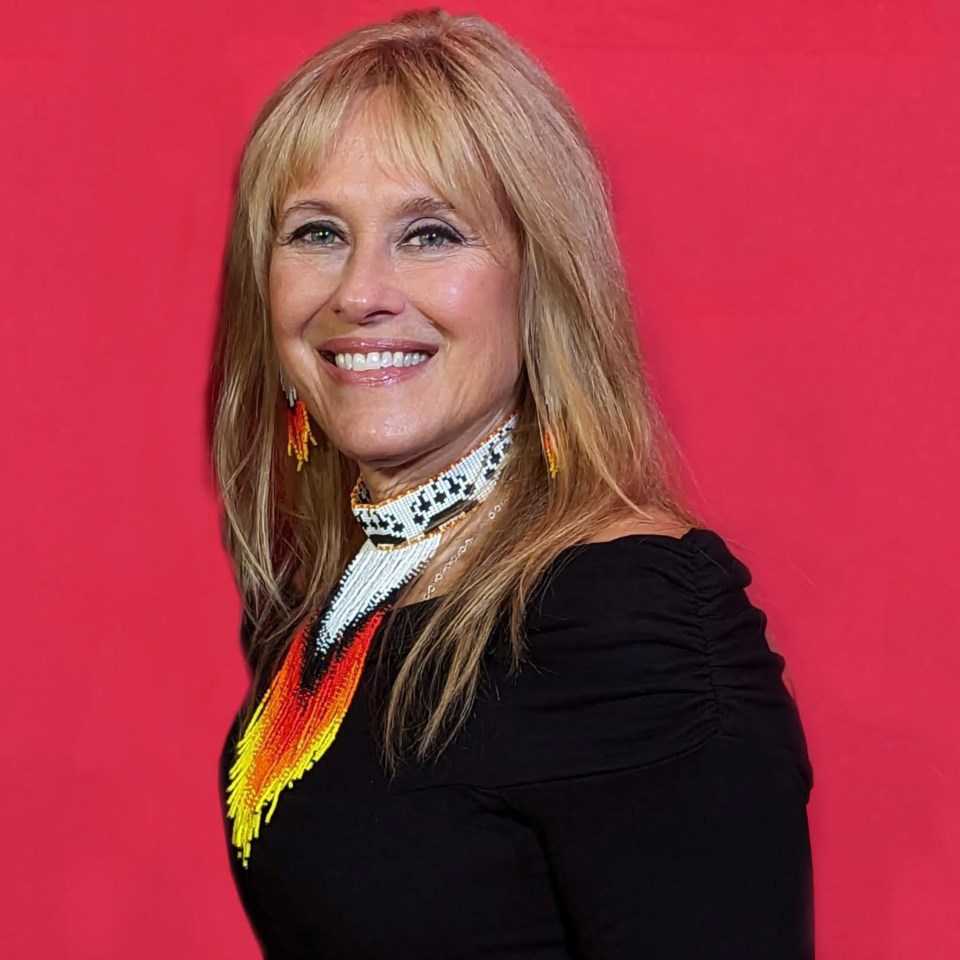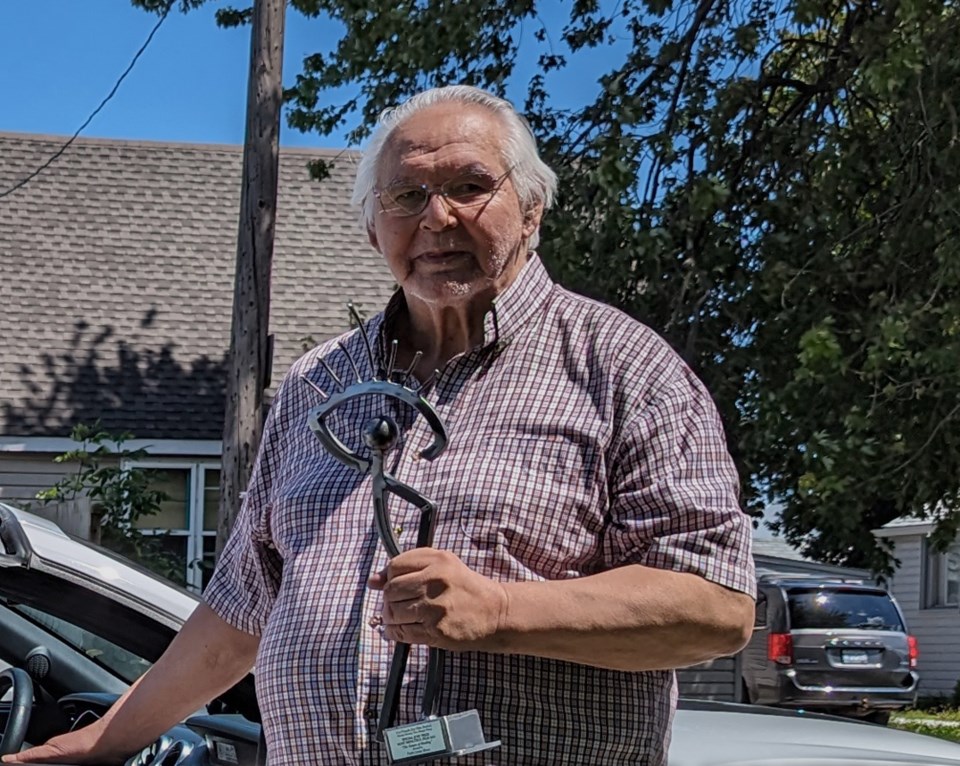Former Sarnian Faith Howe did not set out to produce an award-winning, full length documentary about the survivors of the Mohawk Institute, the first and longest-operating residential school in Canada.
It just naturally unfolded that way.
Howe, who began film-making in her 50s after a long career in marketing and fundraising, says she was working on a promotional piece for a “Save the Evidence” campaign related to the Mohawk residential school in Brantford when one of the survivors agreed to a recorded interview.
That was Elder Blanche Hill-Easton whose heartbreaking story galvanized Howe to reach out to six other survivors of the Mohawk Institute, which was attended by at least 15,000 Indigenous children from 1831 to 1970.
The result was Howe’s first feature length documentary called The Nature of Healing: Surviving the Mohawk Institute, a production that is garnering awards across North America and showing Friday for the first time in Sarnia.
One of the survivors featured is Elder Bud Whiteye of Sarnia, a member of the Bkejwanong First Nation and a journalist. Whiteye’s book, “A Dark Legacy: A Primer on Indian Residential Schools in Canada,” was published in 2004.
Now in his late 70s, Whiteye is a former columnist with The Sarnia Observer and has written extensively about being kidnapped off the street and taken to the Mohawk Institute when he was nine years old.
Writing about his trauma – the malnutrition, the freezing cold and the repeated sexual assaults he suffered at the hands of a school employee – has been cathartic for him, said Whiteye.
But there remains a large number of Canadians who don’t believe or understand the horror of the residential school system that was set up by the government to wipe out a culture.
Whiteye told The Sarnia Journal he hopes Howe’s documentary will help convince the non-believers.
“Making the documentary was a good experience and I think it will help people understand if they want to understand,” he said.
In the film, Whiteye says what went on at the Mohawk Institute was “pure evil.” He was never reunited with his family and went on to serve in the U.S. Marine Corps.

Like many residential school survivors, Whiteye struggled with depression and substance abuse before making some kind of peace with the past.
Howe examines what each of the seven survivors in the film did to seek healing.
“They talk about what happened to them and then each extends the hand of healing. There’s no one prescription for that,” she said.
For several survivors, healing has meant becoming a part of a project called the Mohawk Village Memorial Park. When complete, the park will commemorate the 15,000 children taken from more than 60 communities, losing their families, their culture, identity and, for some, their lives.
“Coming together to build their memorial park has been very healing for the survivors, their families and their allies,” said Howe.
She self-funded her film and is donating the proceeds to the memorial park fund. Since its release in 2022 at the Native Women in Film Festival in Beverly Hills, The Nature of Healing has generated close to $40,000 for the park.
That’s not all it has generated.
Howe’s first feature-length documentary has won six notable awards including the Special Jury Prize at the Weengushk International Film Festival on Manitoulin Island. It won the Special Jury Award for Bridging Cultures at the Arizona International Film Festival and it was voted Most Impactful at the Female Eye Film Festival in Toronto.
Recently, several Canadian post-secondary schools have requested use of the film as course material and it’s available for educational distribution to high schools.
“This is all way beyond anything I could have imagined,” said Howe. “No one is more surprised than me at its success.”
But she is quick to share credit with the seven who courageously told their stories. “These are not my awards,” she said. “They really and truly directed me.
“During the interviews, I didn’t have any questions. I just let them talk.
“I was aware I was in a room with greatness and that it was a privilege. I fell deeply in love with all of them.”
The Nature of Healing features interviews with Jimmie Edgar, Bud Whiteye, Blanche Hill-Easton, John Elliott, Roberta Hill, Dawn Hill, and Sherlene Bomberry.
IF YOU GO:
WHAT: Local screening of The Nature of Healing: Surviving the Mohawk Institute, produced by former Sarnian Faith Howe of JamLab Productions and featuring Sarnia journalist and residential school survivor Elder Bud Whiteye. Howe and five other survivors will be on hand for Q & A following the film.
WHEN: Friday, Sept. 6. Opening ceremony at 6:30 p.m.with drummer Chris Whiteye and guest speakers. Film at 7 p.m. (81 minutes).
WHERE: Imperial Theatre, 168 Christina Street North, Sarnia.
TICKETS: $15 each. Available online at imperialtheatre.net or by calling the box office at 519-344-7469.
